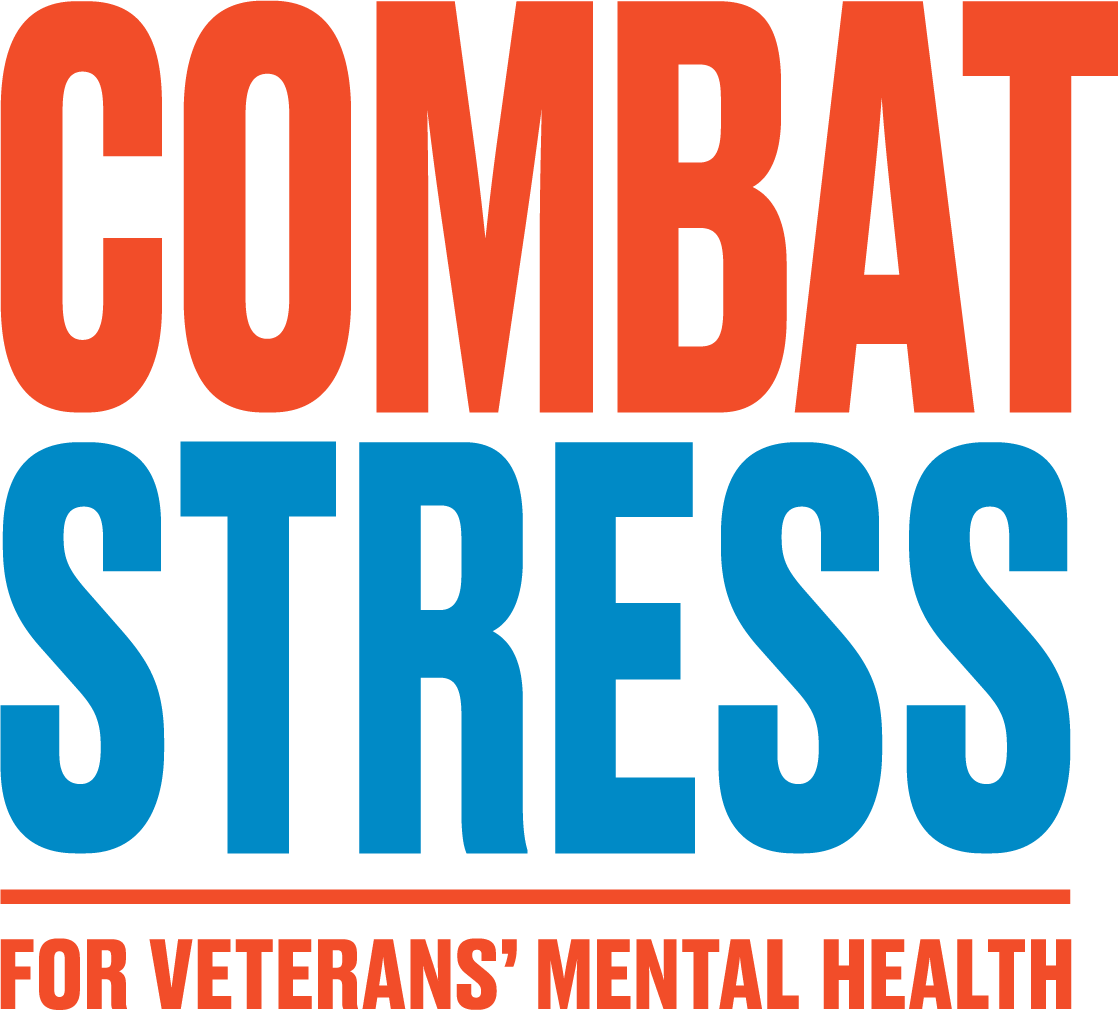Please see the following update from Combat Stress CEO, Sue Freeth:
I would like to update you on how Combat Stress is operating during the lockdown phase of COVID-19, as well as our plans for the phased delivery of our refocused service for veterans with complex mental health needs and their families.
Throughout the lockdown, Combat Stress has remained open. Our 24-hour Helpline remained available to veterans and their families, and we have been providing online and phone treatment and support to veterans since the introduction of self-isolation.
While our centres are temporarily closed during the lockdown, we have furloughed 28 employees who are not able to carry out their roles remotely. We have elected to delay redundancy for 30 staff whose jobs were poised to be redundant following our restructure which commenced at the start of this year. These staff would otherwise have been leaving us. We see this as our obligation to safeguard the people who have been up to this point, loyal to Combat Stress and dedicated themselves to safeguarding veterans. We will seek to recover these costs through the HMG job protection scheme.
Our work with veterans is at reduced capacity, limited by the vacancies we cannot currently fill due to Covid-19. However, we will be phasing in gradually as the pattern of income emerges this year and the lockdown is gradually lifted.
We are taking a phased approach towards re-opening new referrals in England as our capacity grows. We are also contacting veterans whom we had assessed for treatment but whose treatment was deferred earlier this year due to restructuring. We are also contacting those who were safely discharged part-way through their treatment journey. They are being offered the opportunity to come back and start, or complete, their treatment with us online. Our aim, subject to take-up, is to take new referrals in England from mid-May when we can start to offer a full nursing, OT, psychological therapy and psychiatry service. We will gradually ramp up programme places and fill vacancies as confidence in voluntary income grows back this year and taking us back to full capacity and filling vacant roles in the new structure.
We can provide some online psychological first-aid support in Wales during COVID-19. We aim to reapply to the next round of Section 23 funding from the Welsh Government, at which point if successful, we will resume working with the Veterans NHS Wales service.
Our services in Northern Ireland and Scotland are offering a suite of online nursing, occupational therapy (OT), psychological therapy and psychiatry assessment and reviews.
Due to COVID-19, we are moving incrementally to our new service model. However, I am pleased that we have already established and appointed a new Family Support Worker, we are currently recruiting to a newly established Veteran Engagement Officer post and we have developed a National Veteran Voice group. These initiatives are part of our aim to be more veteran-centric and supportive of veterans’ families.
As we already had some experience of providing an online mental health service for veterans and their families, which we were planning to expand; our senior clinicians have put in place the appropriate clinical governance to support online services across the organisation. So, we are in an excellent place to offer and expand this service.
Our clinicians have also produced COVID-19 psychoeducation materials for veterans. These materials will be available on our website and are being offered to NHS trusts and other partners to help them support their workforces.
We are ringfencing some clinical capacity to complete new programme training manuals. These manuals will cover face-to-face outpatient and residential programmes and will be ready for use when we open our treatment hubs.
The NHS High-Intensity Service tenders have been awarded and we are partners in two regions. Immediately before the outbreak of COVID-19, we were commissioned by NHS England to support the veterans’ HIS services with our intensive rehabilitation programmes over the next two years. This commission of £1m for two consecutive years means when the lockdown is lifted, we can afford to open three hubs in England (North, central and South) and with NHS Scotland funding continuing at least into 2020/21, we hope beyond this, we will have one hub and three community teams in Scotland, and one hub in Northern Ireland.
Our peer support network has successfully transferred online and is holding monthly local and weekly National check-in meetings. We are currently working with approximately 600 veterans.
Combat Stress is open and working; we have made good progress with our plans despite the restrictions of COVID-19.
I am thankful that very few Combat Stress staff have developed COVID-19 symptoms, and all those who did have fully recovered. Feedback from a staff survey we conducted a week ago shows our employees feel engaged and supported and are offering their full commitment to working from home. We are offering flexibility on hours they work to ease the added pressures of working from home.
Thank you for all your support in making it possible for Combat Stress to remain available to veterans at this challenging time, and your support to help us to ensure veterans find our help if they need us.

















